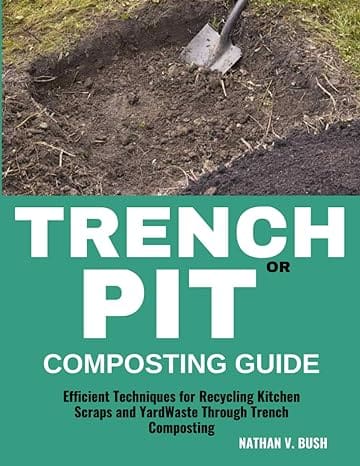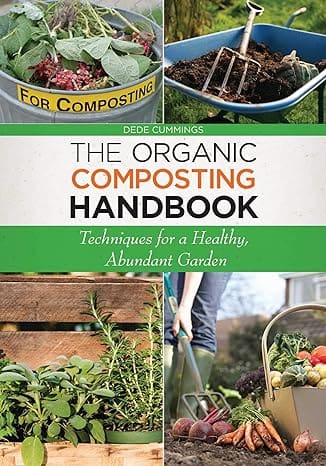Definition
Items classified as compostable are unique in that they not only biodegrade, but also contribute to soil enrichment. These materials undergo natural decomposition in composting conditions, transforming into nutrient-rich soil.
Expanded Explanation
The term ‘compostable’ signifies materials that can break down in a compost setting without leaving any harmful residue. This biological decomposition process forms a nutrient-rich compost that is beneficial to the earth, making these materials a preferred choice for sustainability in various industries.
Importance
Compostability is crucial in today’s world. With increasing waste and limited landfill space, turning to compostable materials can help reduce the volume of trash. Moreover, the compost produced from these materials enriches the soil, promoting healthier plant growth and contributing to a sustainable future.
Context and Usage
In the realms of packaging, waste management, and gardening, this term is frequently encountered. Notably, businesses are increasingly adopting packaging solutions that are ‘compostable’ in their quest for sustainability. Similarly, garden enthusiasts often enrich their soil at home by composting waste such as food scraps.
Examples
- Example 1: Compostable coffee pods are a great example. After use, instead of contributing to landfill waste, they can be composted, turning into nutrient-rich soil.
- Example 2: Many cities now offer compostable waste collection, where items like food scraps and yard waste are composted instead of being sent to the landfill.
Understanding Compostable
A common misconception about compostable items is that they can decompose in any setting. However, they require specific composting conditions to fully decompose and become beneficial compost.
Related Glossary Terms
- Biodegradable: This term implies that an item can naturally decompose. However, while all compostable materials fall into this category, the reverse isn’t necessarily true. A distinguishing feature of these materials is their ability to enrich the soil as they break down.
- Sustainable: Under the broad umbrella of sustainability, ‘compostable’ materials find their niche. By opting for these materials, we advance towards more sustainable practices.
Visual and Reading Aids
External Resources
- The Composting Council: What is Compostable?: This resource dives deeper into what compostability means and its benefits.
- Environmental Protection Agency: Composting At Home: This guide provides practical tips on composting at home.
Related Articles
- Biodegradable Packaging: The Bold Change Your Business Needs Now: This article discusses the rise of compostable packaging in businesses.
- Experience the Remarkable Future of Biodegradable Golf Balls: Discover how compostable materials are changing the sports industry.

